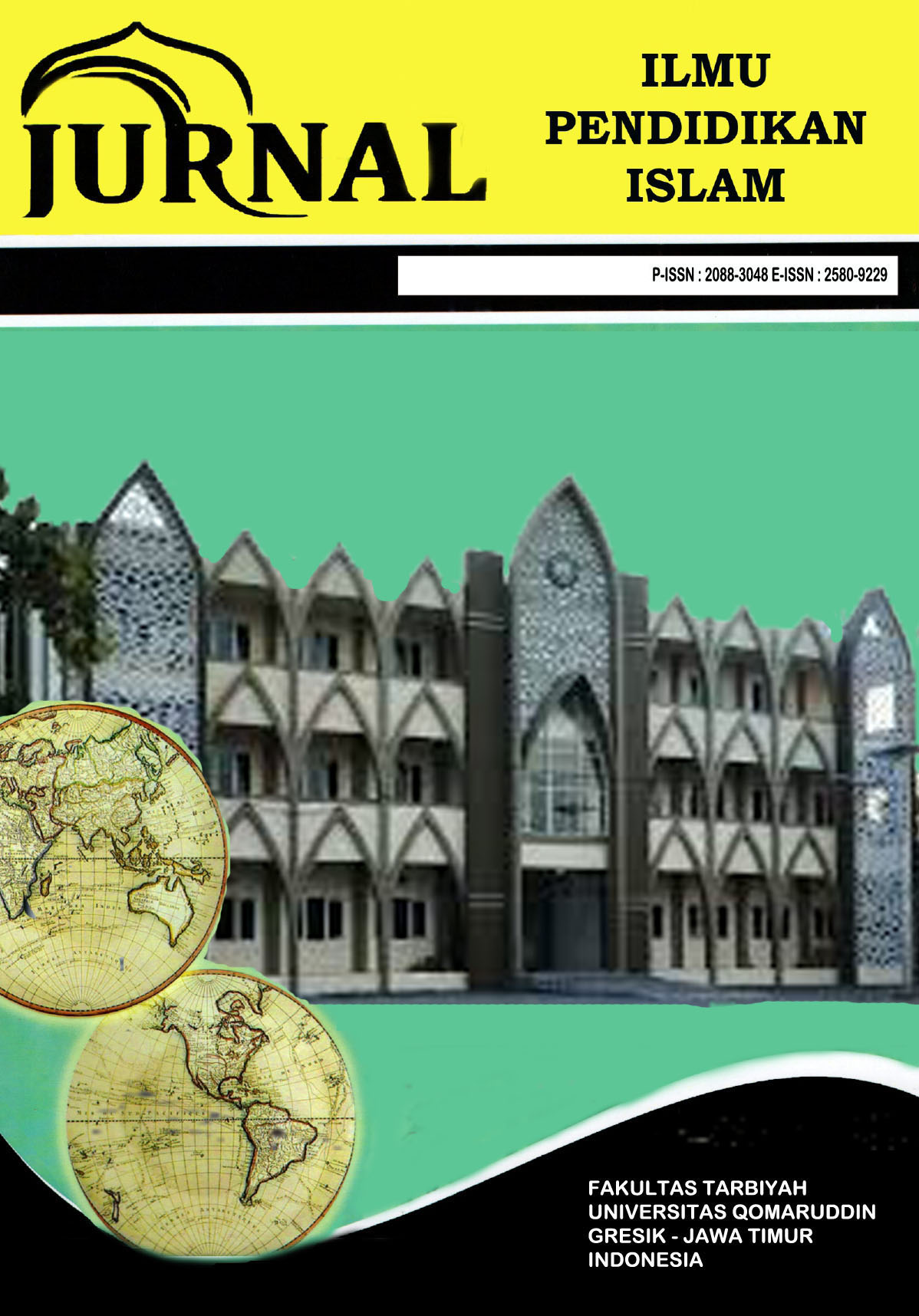Pengaruh Lingkungan Sekolah, Kemandirian Dan Waktu Belajar Terhadap Hasil Belajar Siswa Mts Nahdlatul Athfal Gersempal Omben Sampang
Abstract
This study aims to analysis the effect of school environment and independence on student learning outcomes at MTs Nahdlatul Athfal Gersempal Omben Sampang. Education has a crucial role to shape the character and quality of human resources, and factors such as school environment and student independence are very relevant aspects to determine student learning outcomes. This study used a quantitative approach with a survey method, collecting data from 315 students of MTs Nahdlatul Athfal Gersempal Omben Sampang, with 105 ninth grade students as samples. The research variables involved school environment, student independence, and student learning outcomes. The results showed that a conducive school environment, with adequate physical facilities, positive social interactions, and a good classroom atmosphere, had a significant impact on student learning outcomes. Student independence also emerged as an important factor, where independent students tend to be more engaged in learning, able to overcome learning obstacles and apply knowledge better in daily life. Thus, this study concludes that a conducive school environment and student independence together form a positive and supportive educational ecosystem, contributing to improved student learning outcomes at MTs Nahdlatul Athfal Gersempal Omben Sampang. The practical implications of this study involve improving the school's physical infrastructure, developing student independence programs, regular training for teaching staff and active participation of parents to create a supportive educational environment.
References
Afiani, N. (2017). Pengaruh Kemampuan Komunikasi Matematis dan Kemandirian Belajar
Terhadap Prestasi Belajar Matematika. JKPM (Jurnal Kajian Pendidikan Matematika), 2(1), 113.
Afrija, A. P., K. M. Latifah., & A. Marini. (2022). Analisis Efektivitas Video Pembelajaran dalam
Membangun Karakter Disiplin dan Tanggung Jawab Siswa SD pada Mata Pelajaran PPKn.
Jurnal Pendidikan Dasar dan Sosial Humaniora, 2(2), 339-354.
Agistiawati, E. & M. Asbari. (2020). Pengaruh Persepsi Siswa atas Lingkungan Belajar dan
Penguasaan Kosa Kata Terhadap Kemampuan Berbicara Bahasa Inggris Siswa Sekolah
Menengah Atas Swasta Balaraja. EduPsyCouns: Journal of Education, Psychology and Counseling,
(1), 513-523.
Alimuddin, A., Juntak, J. N. S., Jusnita, R. A. E., Murniawaty, I., & Wono, H. Y. (2023).
Teknologi dalam Pendidikan: Membantu Siswa Beradaptasi dengan Revolusi Industri 4.0.
Journal on Education, 5(4), 11777-11790.
Ambarita, B. (2009). Strategi Perguruan Tinggi dalam Meningkatkan Mutu Pendidikan. Generasi
Kampus, 2(1), 21-34.
Andayani, D. & D. Darmawan. (2004). Pembelajaran dan Pengajaran. IntiPresindo Pustaka,
Bandung.
Asri, D. N. (2016). Peranan Self-Regulated Learning dalam Pendekatan Konstruktivisme dalam
Kerangka Implementasi Kurikulum Tahun 2013. Counsellia: Jurnal Bimbingan dan Konseling,
(1), 1-23.
Byers, T., W. Imms, & E. Hartnell-Young. (2018). Comparative Analysis of the Impact of
Traditional Versus Innovative Learning Environment on Student Attitudes and Learning
Outcomes. Studies in Educational Evaluation, 58, 167-177.
Byram, M. & Hu, A. (2013). Routledge Encyclopedia of Language Teaching and Learning: Second Edition.
New York: Routledge.
Copyright (c) 2024 Moh. Firman Haqiqi, Yusron Maulana El Yunusi, Didit Darmawan

This work is licensed under a Creative Commons Attribution 4.0 International License.





